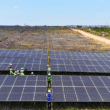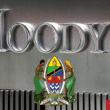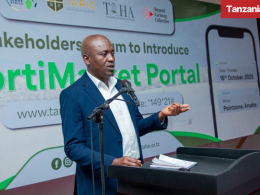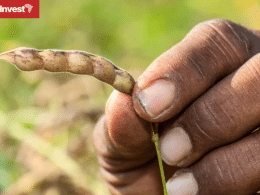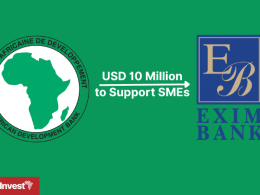The African Development Bank (AfDB), through the African Development Fund (ADF), recently approved a USD93.5m loan for on-lending to the Tanzania Agricultural Development Bank (TADB).
The funding will contribute to supporting Tanzania’s agriculture sector and achieving the country’s development goals.
Akinwumi Adesina, AfDB President, said: “The TADB is expected to play a key role in facilitating attainment of sustainable food self-sufficiency and food security in Tanzania and in promoting and supporting the transformation of agriculture from subsistence to commercial farming in order to effectively and sustainably contribute to inclusive economic growth and poverty reduction.”
The TADB is a national development finance institution, the mission of which is to develop the agriculture sector in Tanzania.
The AfDB notes that a major problem facing the country’s agriculture sector is the unavailability of medium to long-term finance to support agricultural production, processing and marketing.
The TADB is designed to address this through the provision of much-needed funding to a sector that is key to the country’s development.
In a recent interview with TanzaniaInvest, Thomas Samkyi, Managing Director of TADB, said: “Smallholder farmers are poor because they don’t have access to finance and knowledge to produce commercial goods. TADB, as the farmer’s bank, aims to resolve the financing needs of rural poor agriculture producers, processors and marketers.”
Tanzania Agriculture
Agriculture in Tanzania provides employment for about 67% of the population and has a very big potential for expansion given the abundance of arable land and the availability of inland water resources.
The sector needs to be developed if Tanzania is to achieve sustainable economic development and poverty reduction.
Specifically, in order for the country to achieve the Sustainable Development Goals and its Tanzania Development Vision 2025, the agriculture sector must sustainably grow at over 10% per annum.
However, over the past ten years, the sector has grown at an average of 4.4% per annum and contributed an average of 29.3% of GDP.
These rates have recently declined to 3.2% per annum and 26% of GDP (Q2 2016), respectively.



